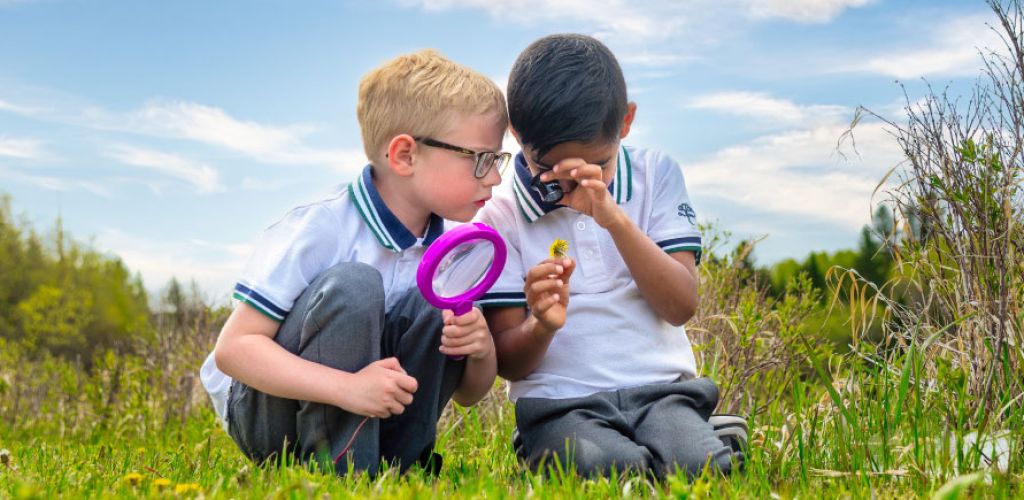
Cultivating Deep Relationships with Our Campus
By: Alanna Wellwood, Head of Learning Innovation
Schools have a critical role to play in the calls to action outlined within the Truth and Reconciliation Commission’s final report. Our previous reconciliation activities were numerous and yet we had doubts as to whether they translated into a student’s greater capacity to acknowledge our shared history, recognize different ways of knowing in a pluralistic society, and engage respectfully in diverse communities.
During this academic year, faculty communicated a desire to inquire into the processes and systems that can be used to create enduring First Nations partnerships and wanted to better understand the traditional use of the lands the campus resides on.
In the fall, Strathcona-Tweedsmuir School (STS) was awarded a Canadian Accredited Independent Schools (CAIS) Innovation Grant for a proposal called The Third Teacher 2.0 put forward by a group of STS faculty. The purpose of this grant was to engage faculty in action research asking them to be inquirers, lead researchers, and learners as they reimagined existing outdoor programming on campus by inquiring into the ways that the campus served as a third teacher of Indigenous Ways of Knowing and Traditional Ecological Knowledge. Their work was supported by Métis Knowledge Keeper, Kalyn Kodiak, and Blackfoot Elders, Casey Eaglespeaker and Saa’kokoto, who met with teachers to reimagine and co-facilitate elements of outdoor learning experiences on campus in all three divisions including, but not limited to, Grades 1, 2, and 4 outdoor school, Grade 8 canoe trips, and IB Biology field studies.
Research findings demonstrated that even our youngest students could articulate a deeper connection to the campus, a need to steward it, and that the spaces themselves could be known and understood through different perspectives. It is probably no surprise that teachers and students alike reported increased levels of wellness during these experiences as well.
We all form ties with physical places whether it has psychological, social, historical, religious, health, and/or cultural connotations. Accordingly, places can act as reminders of important personal and collective experiences. As we continue to reflect on how our programming serves a diverse community where students pursue lives of purpose, flourishing emotionally, physically, and intellectually, we are thankful for the ways in which our campus and the Treaty 7 community support this work.